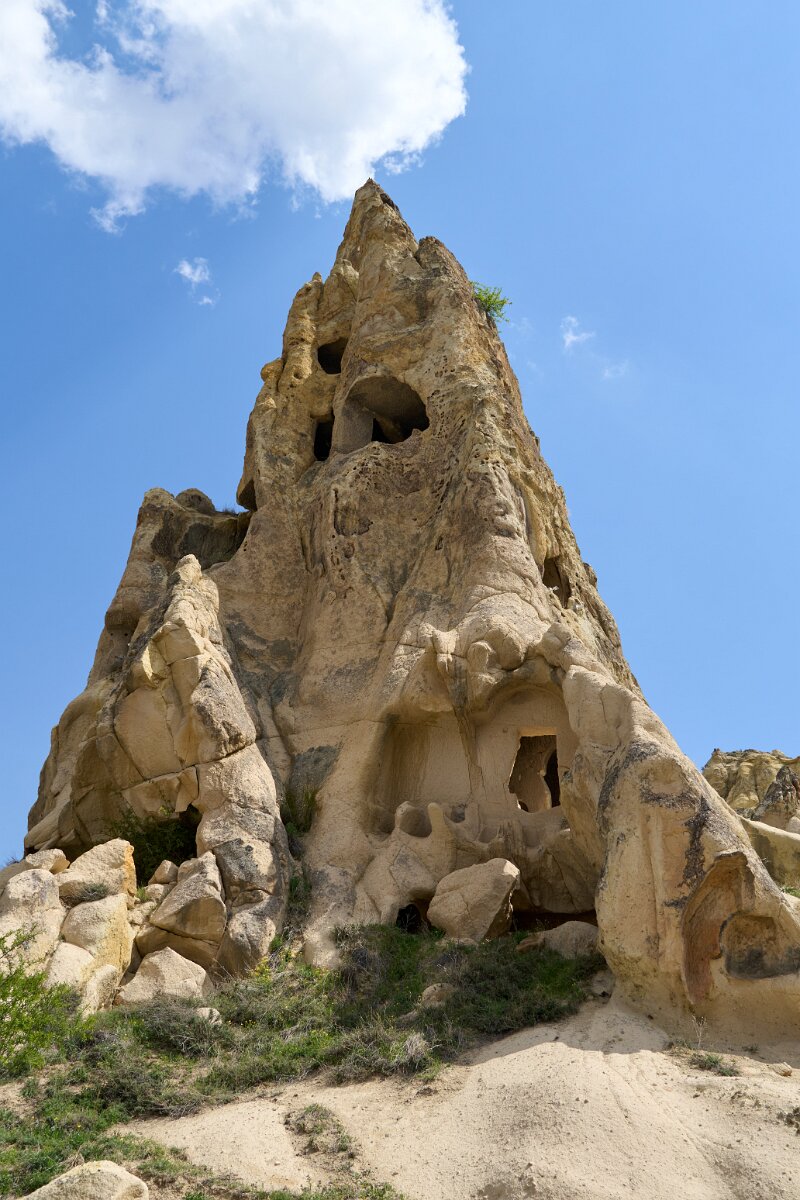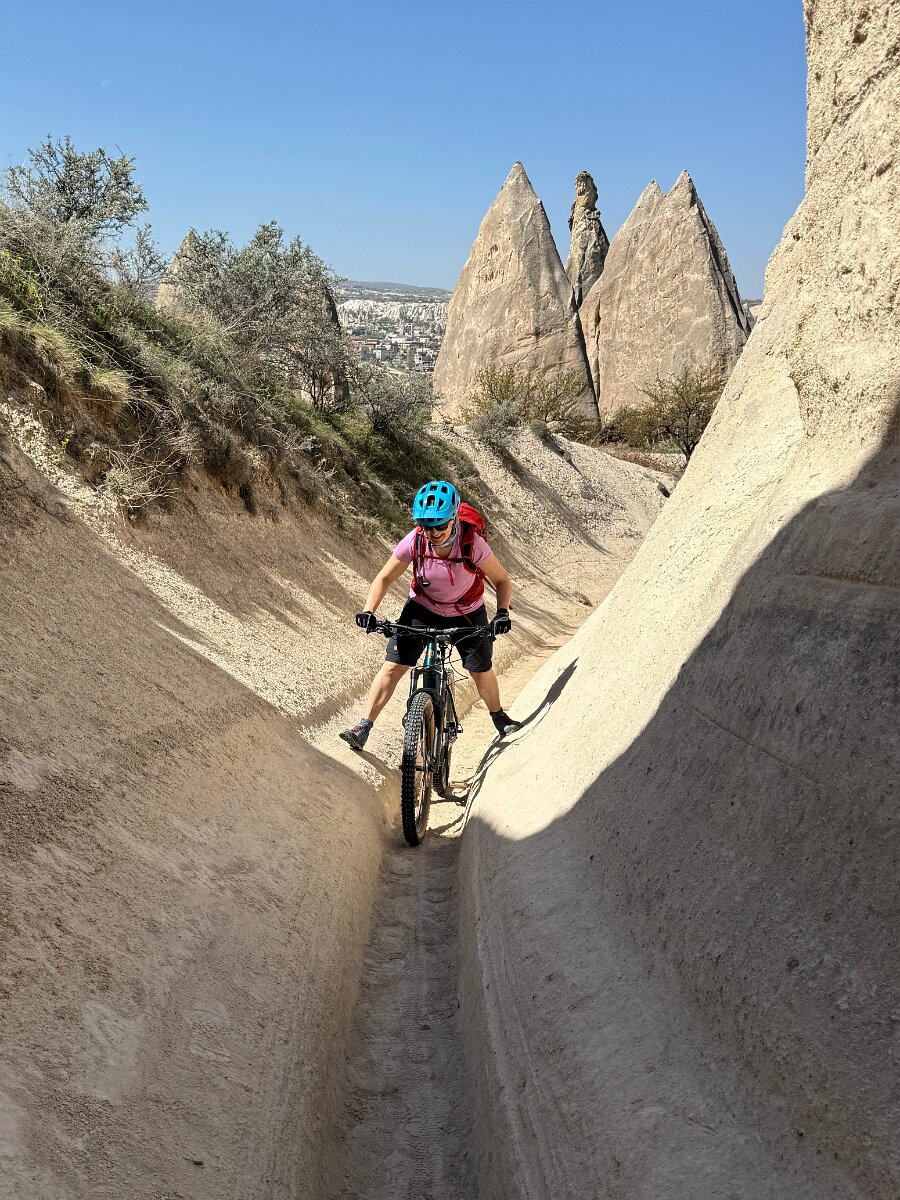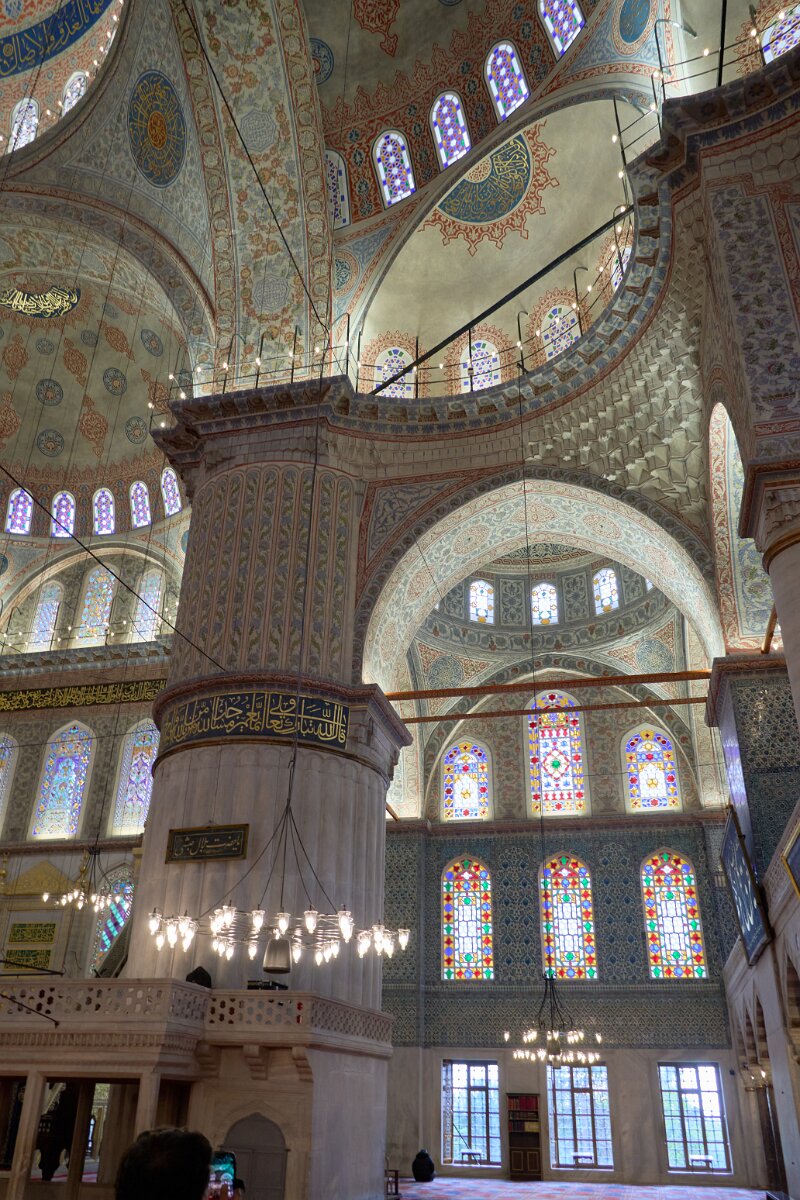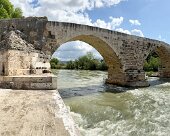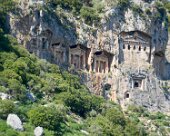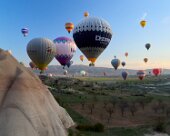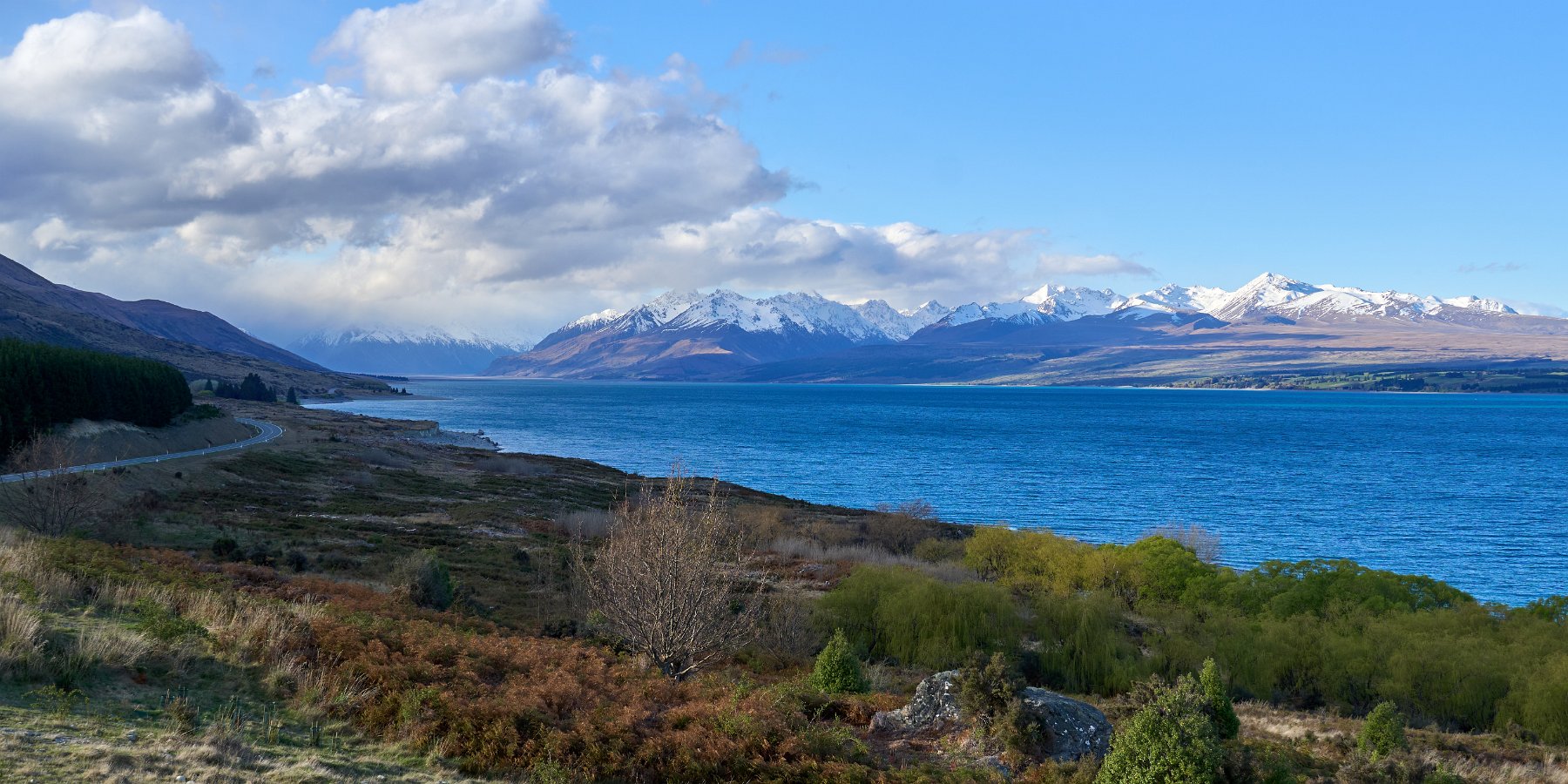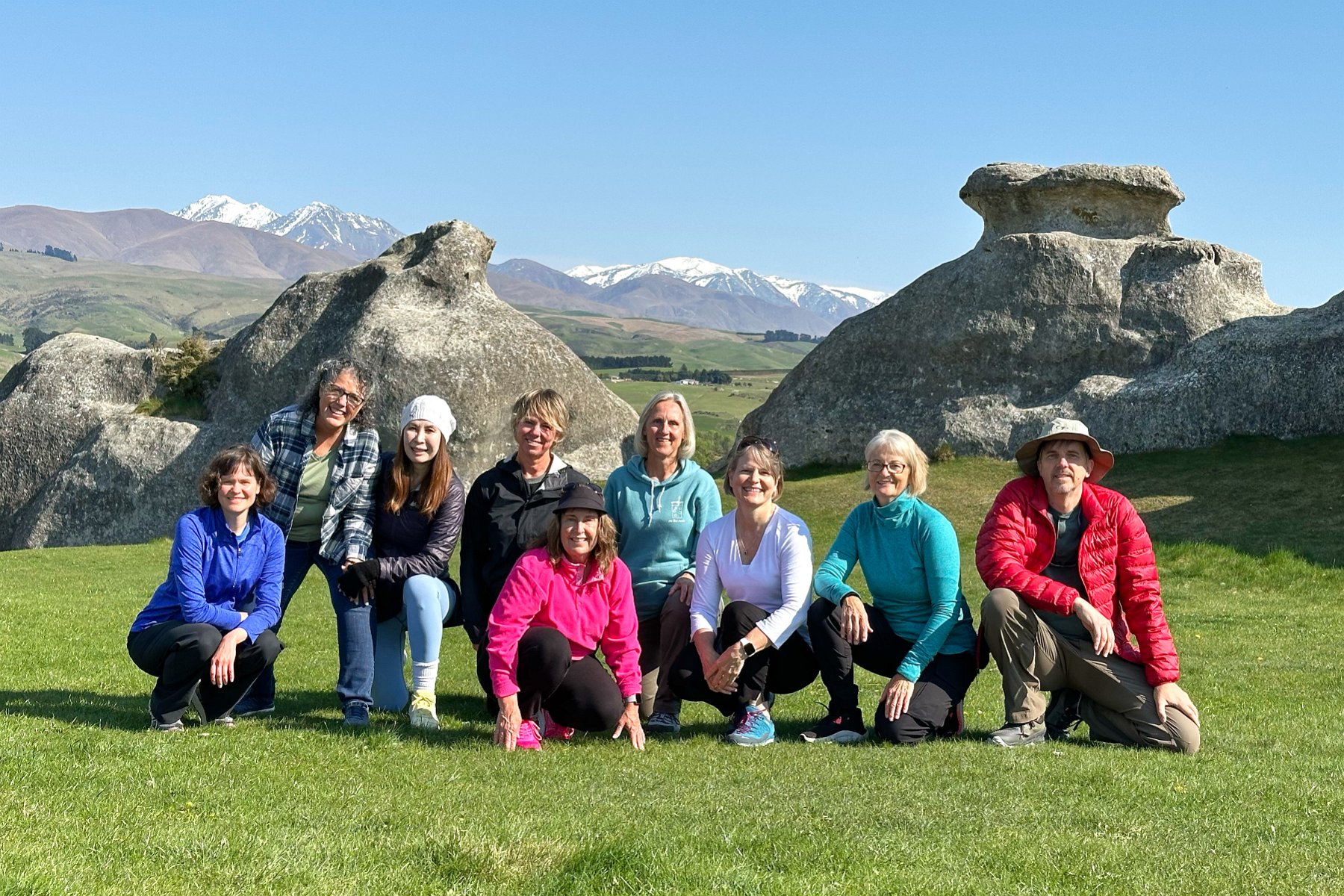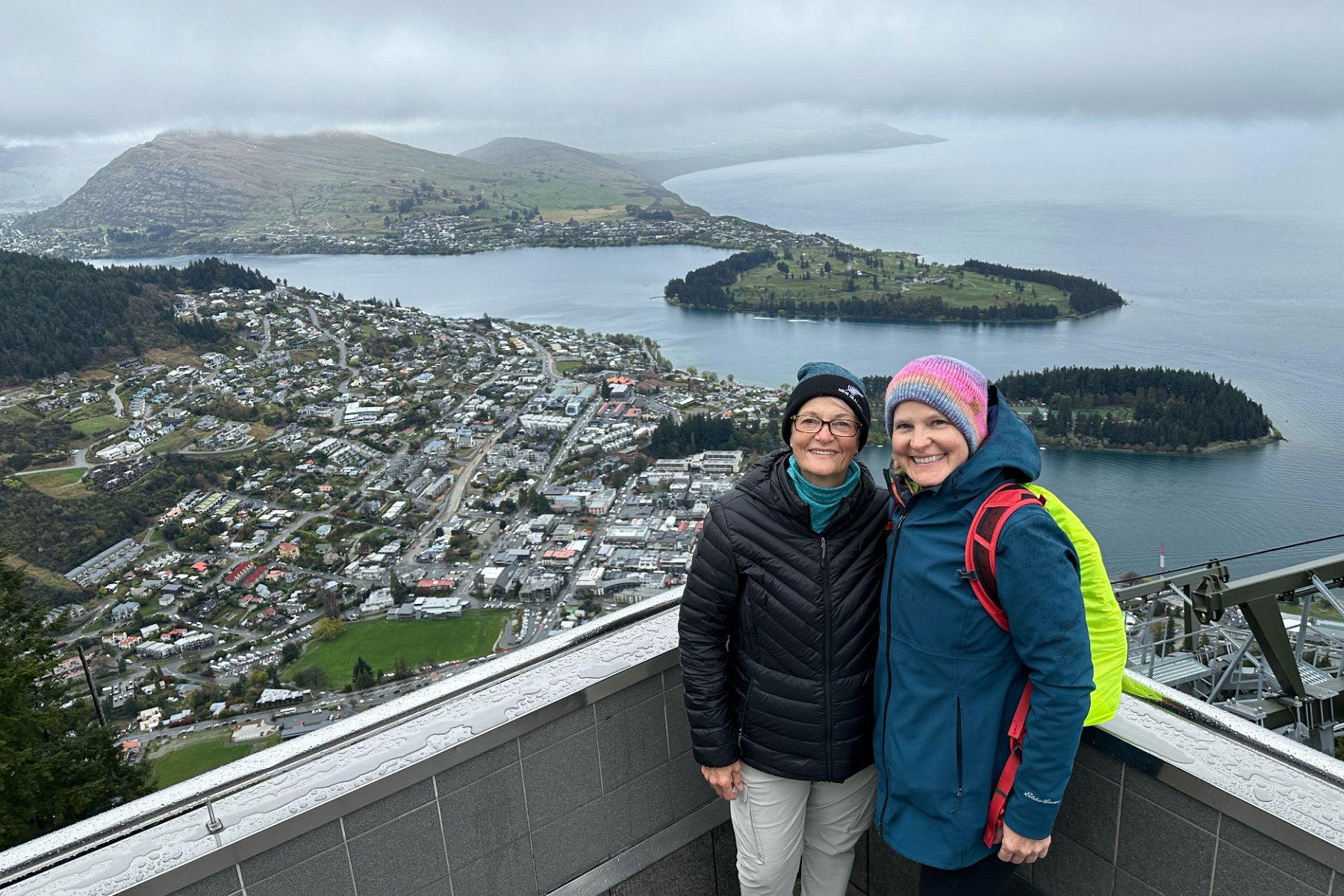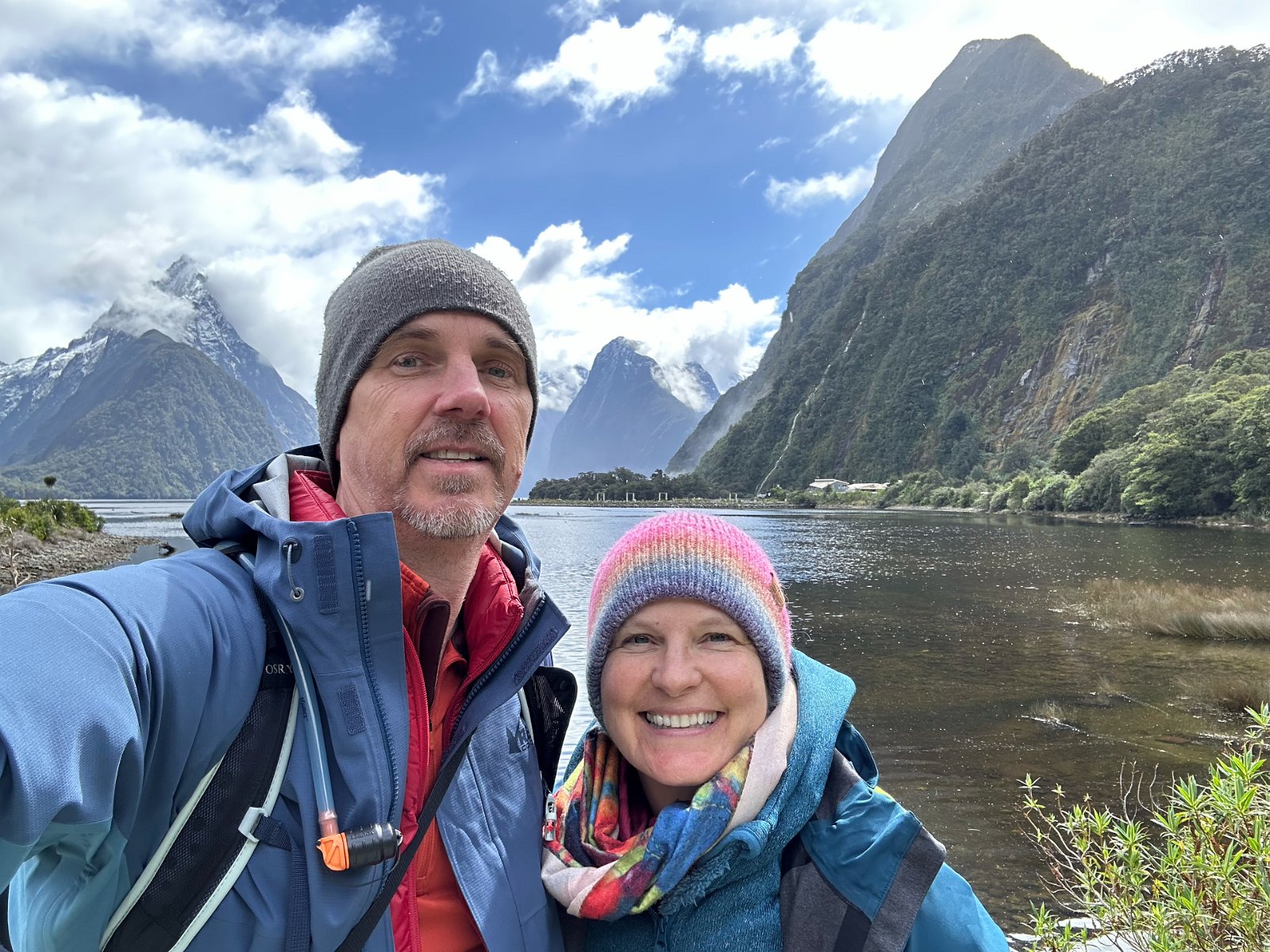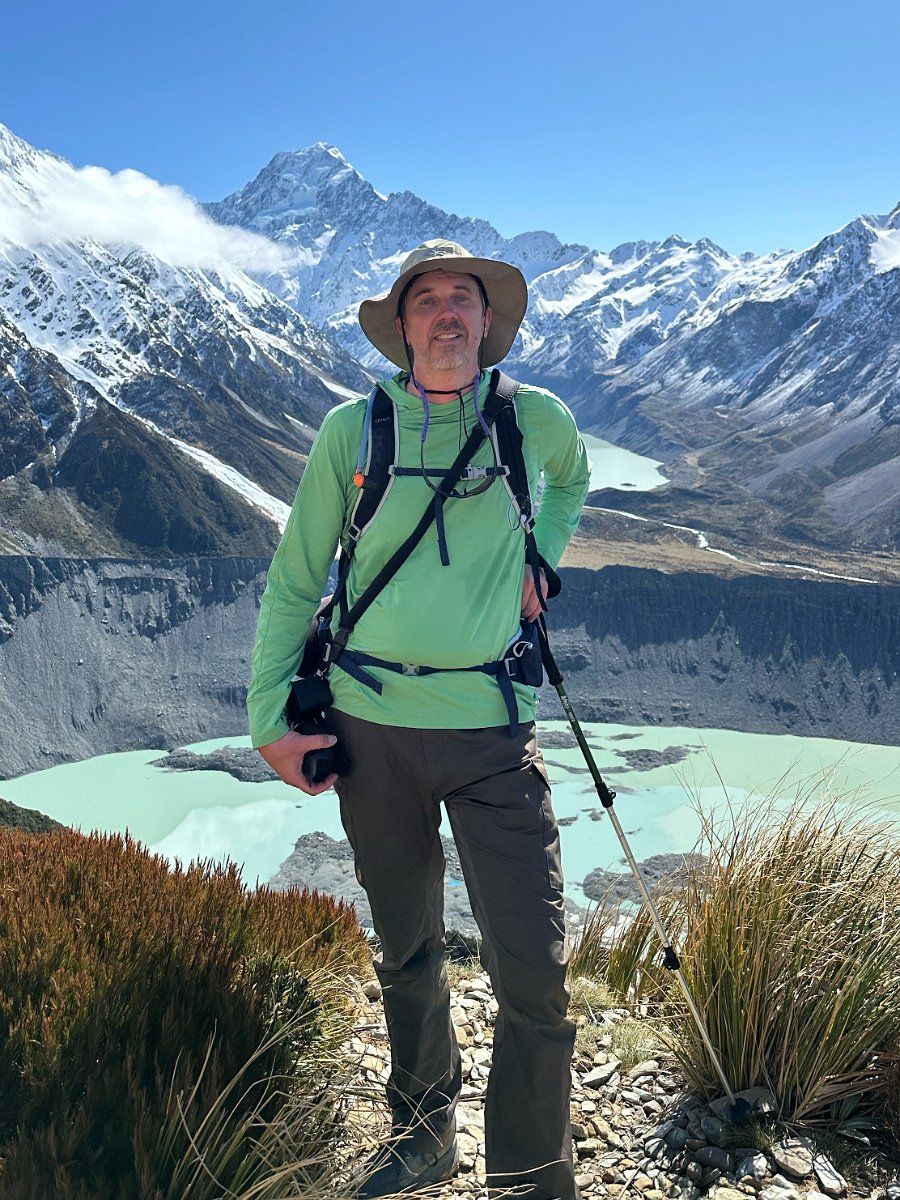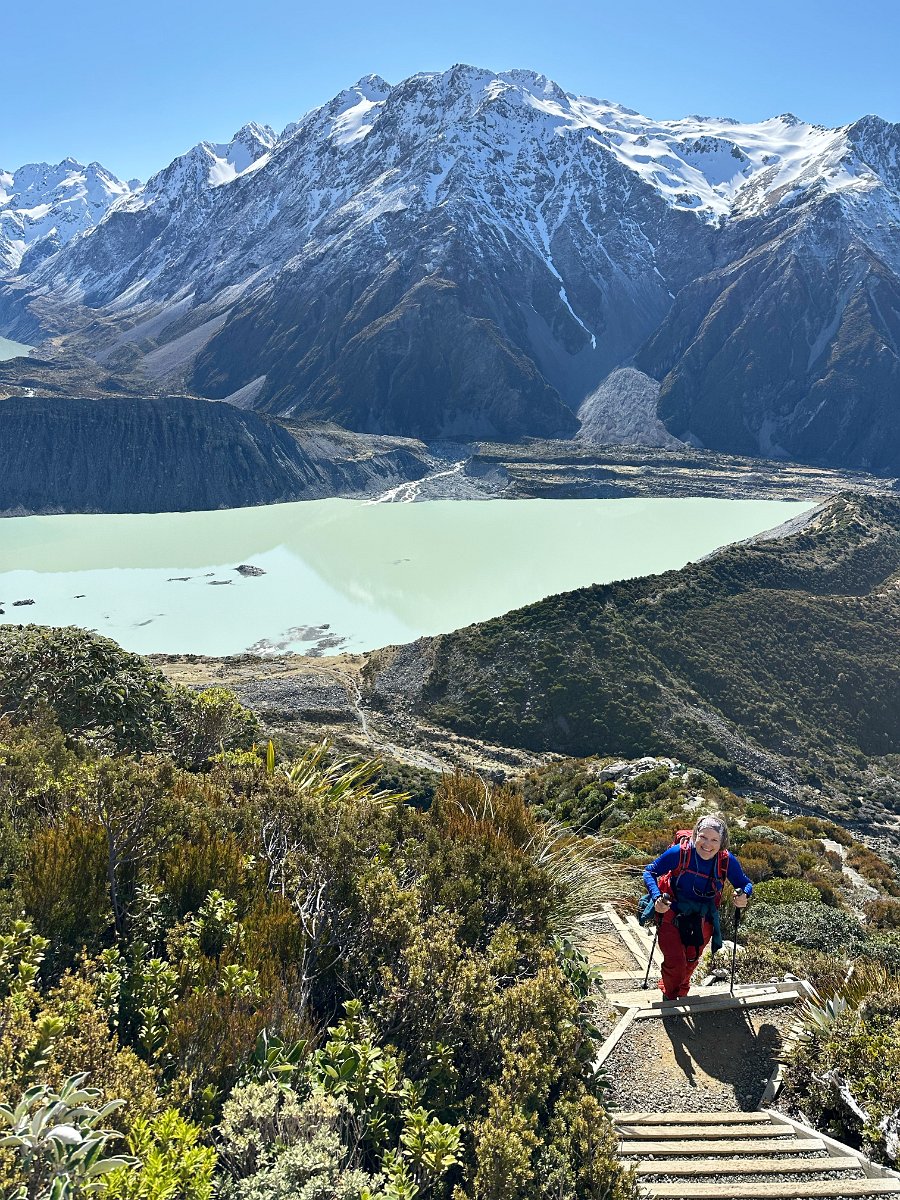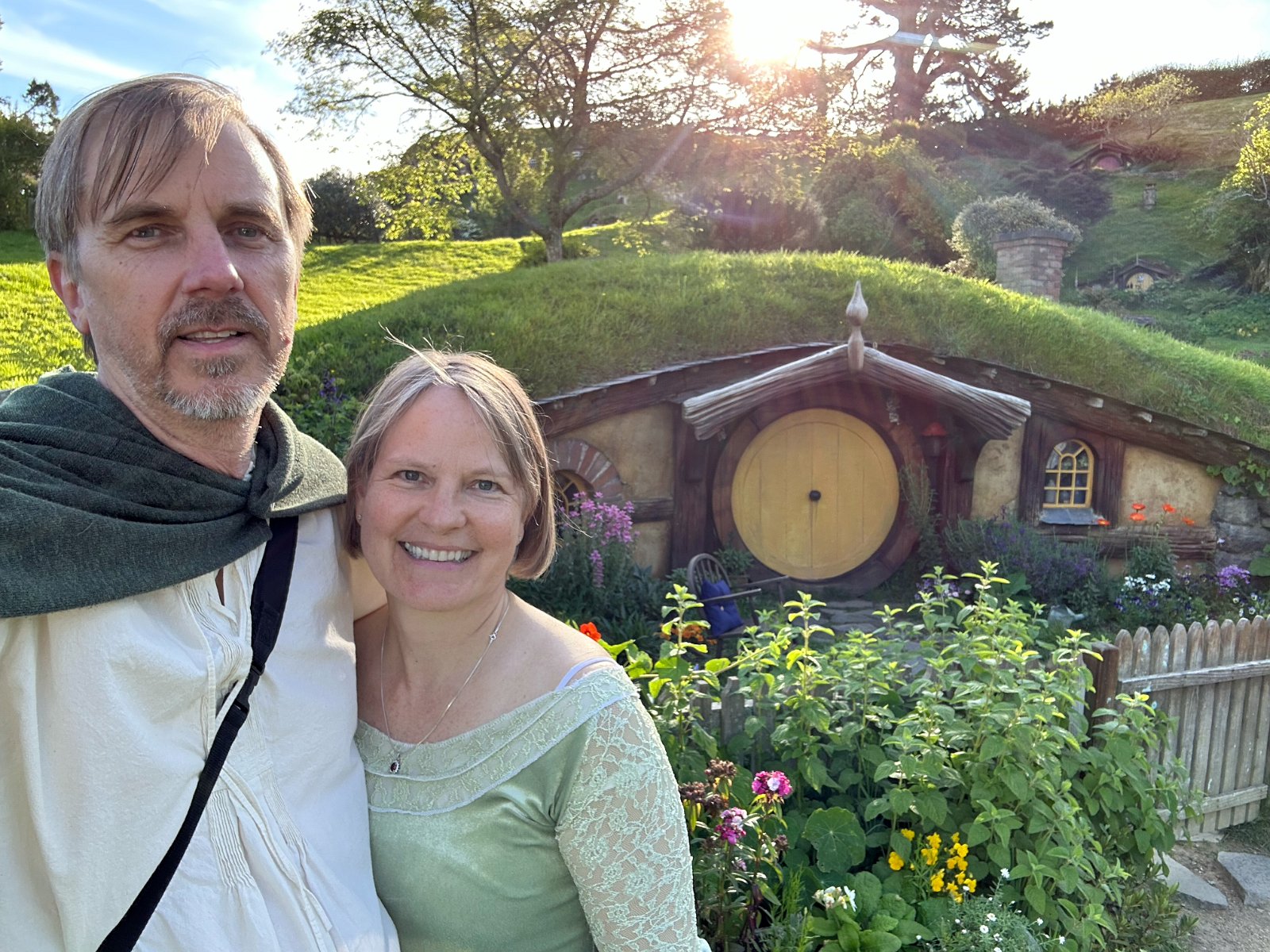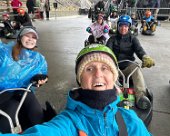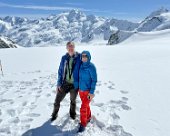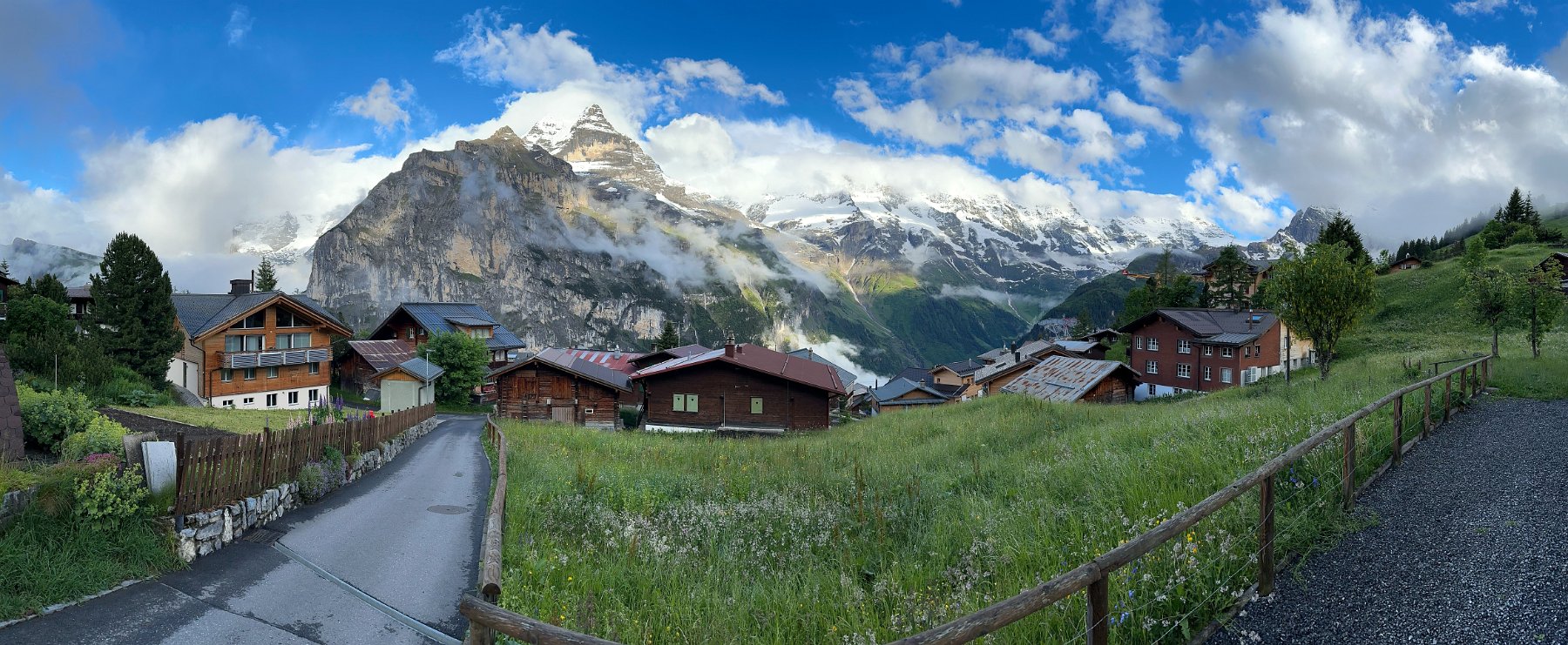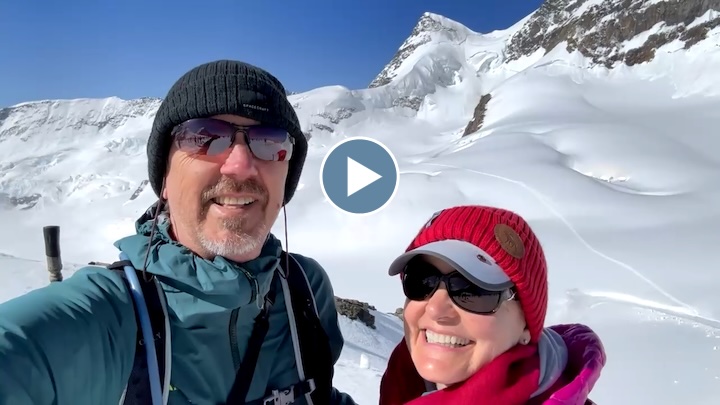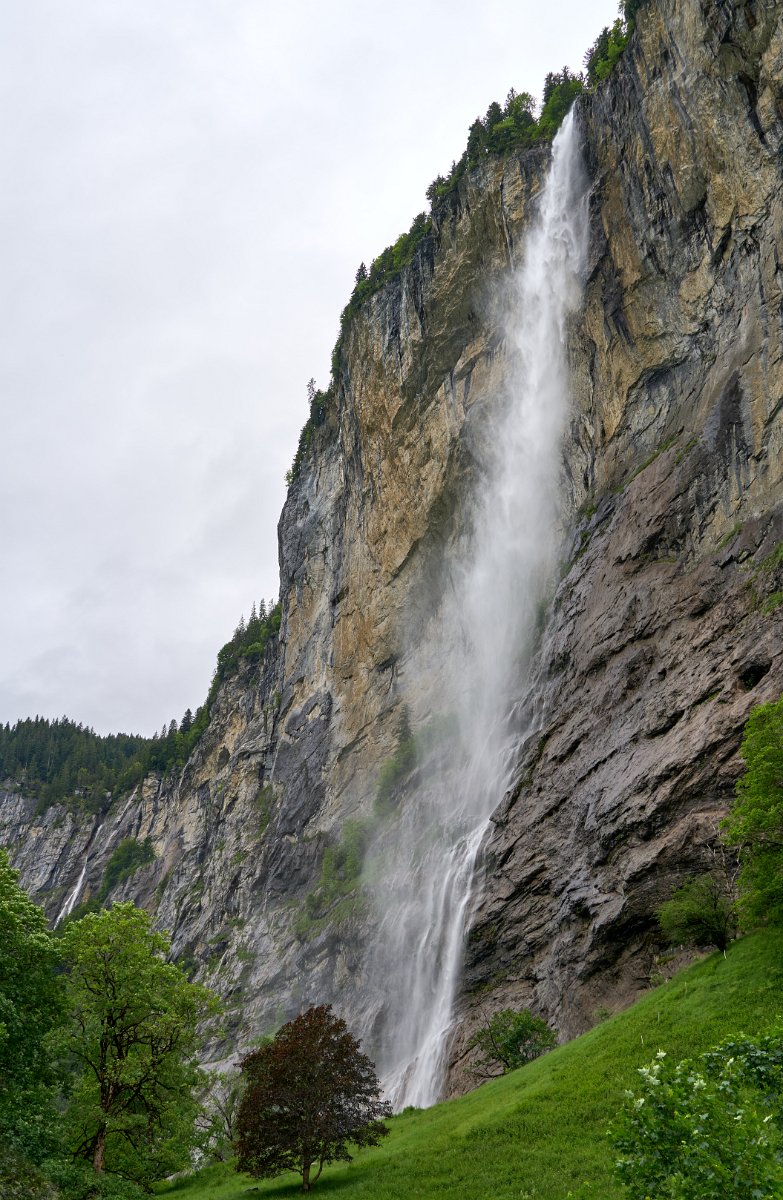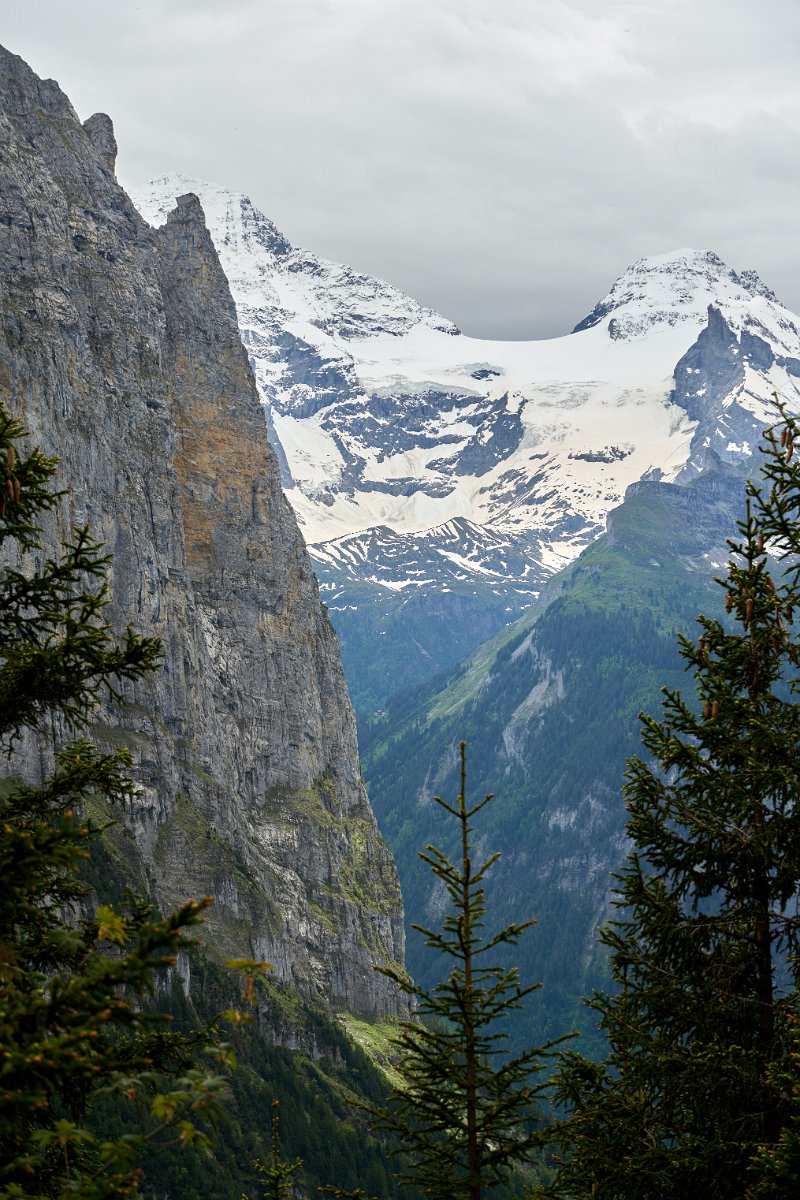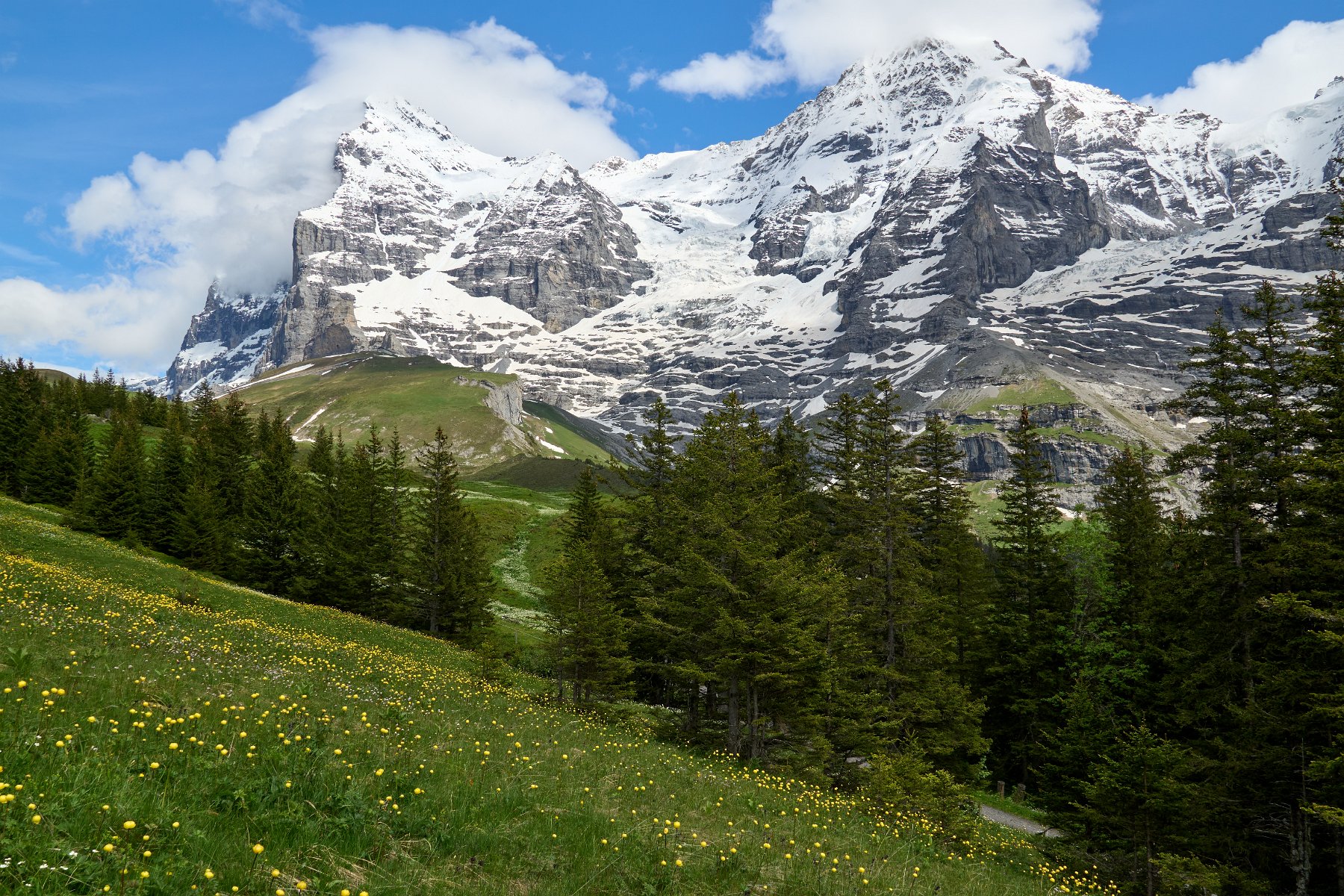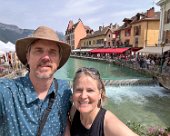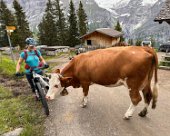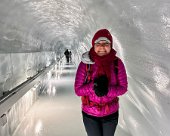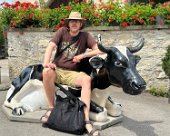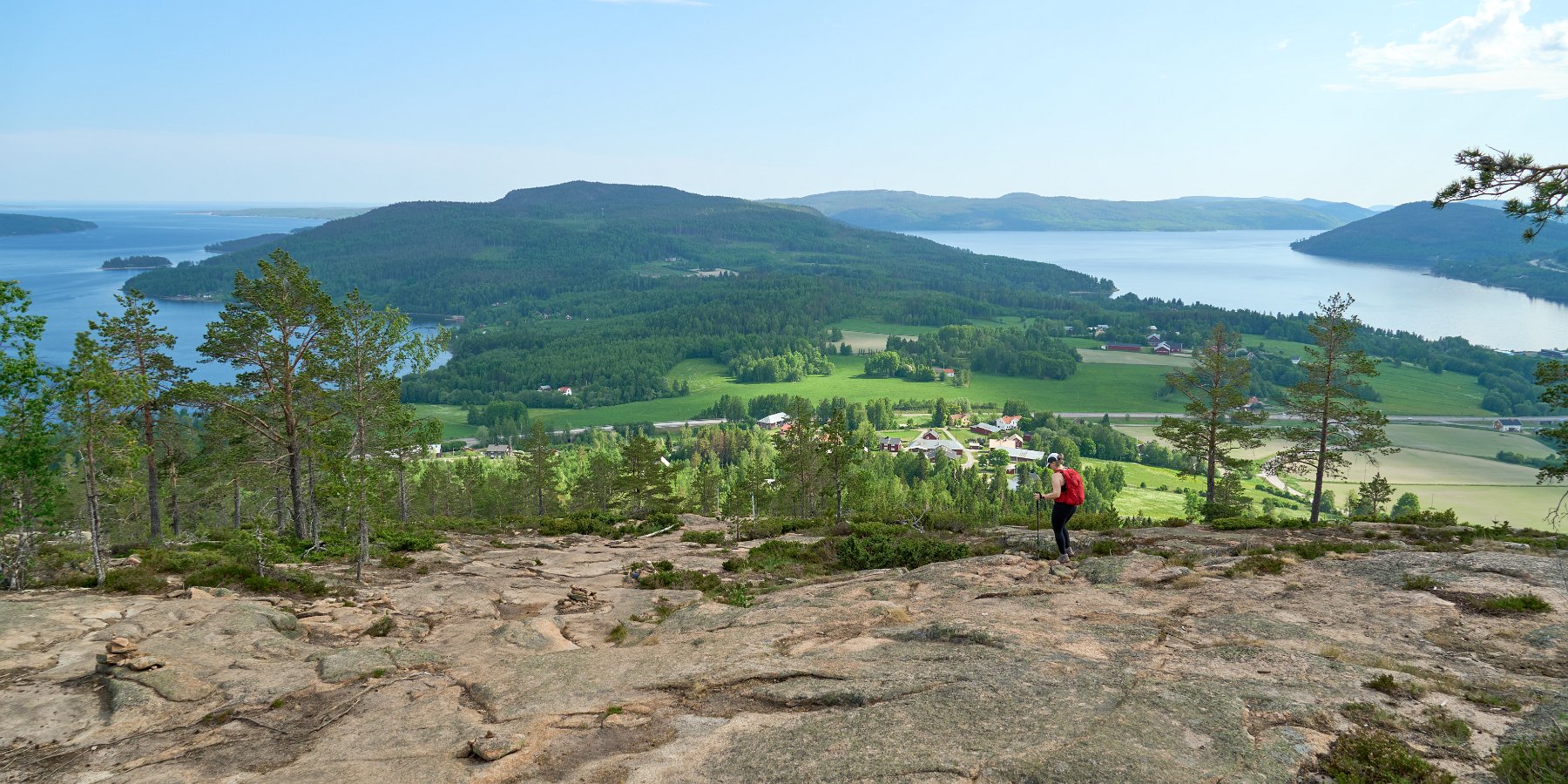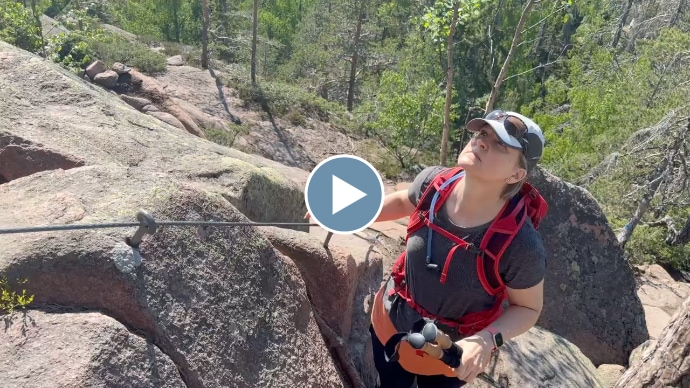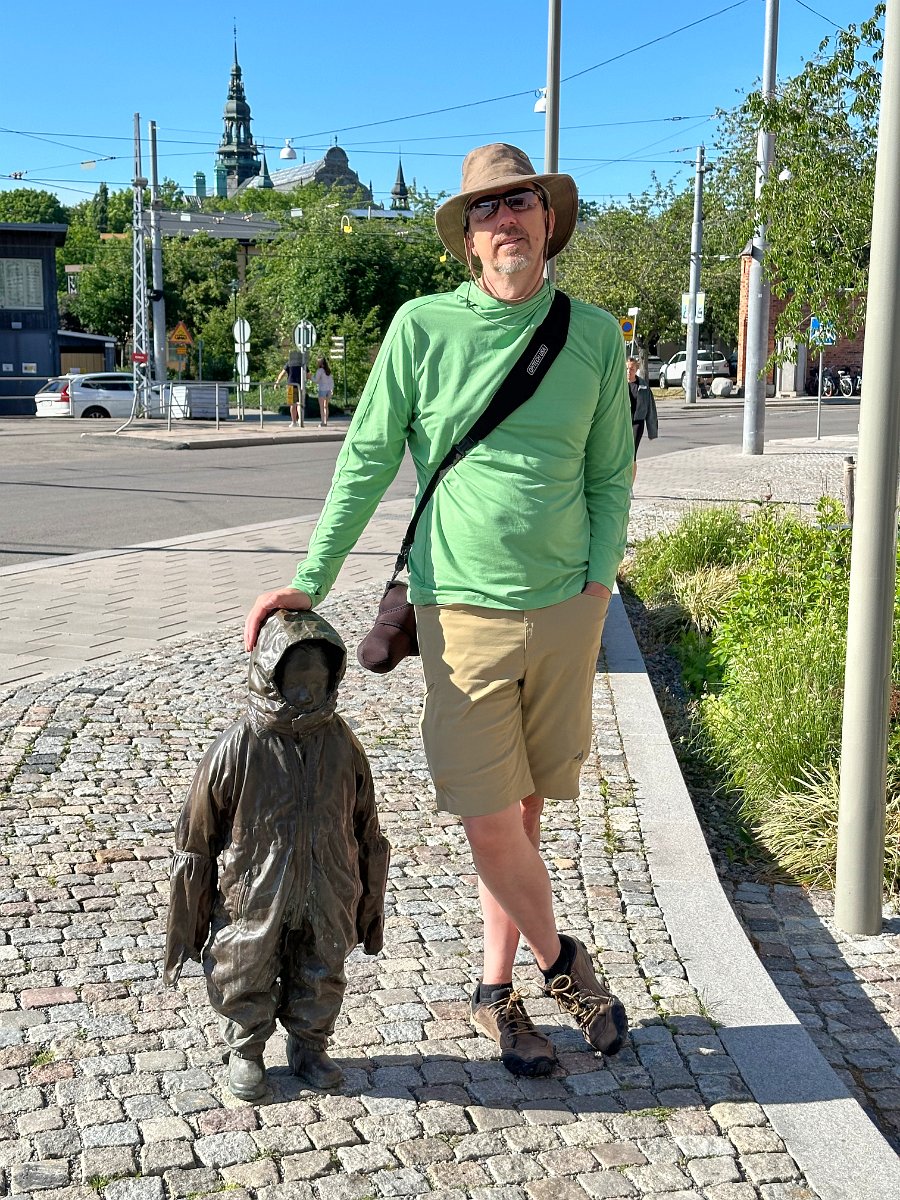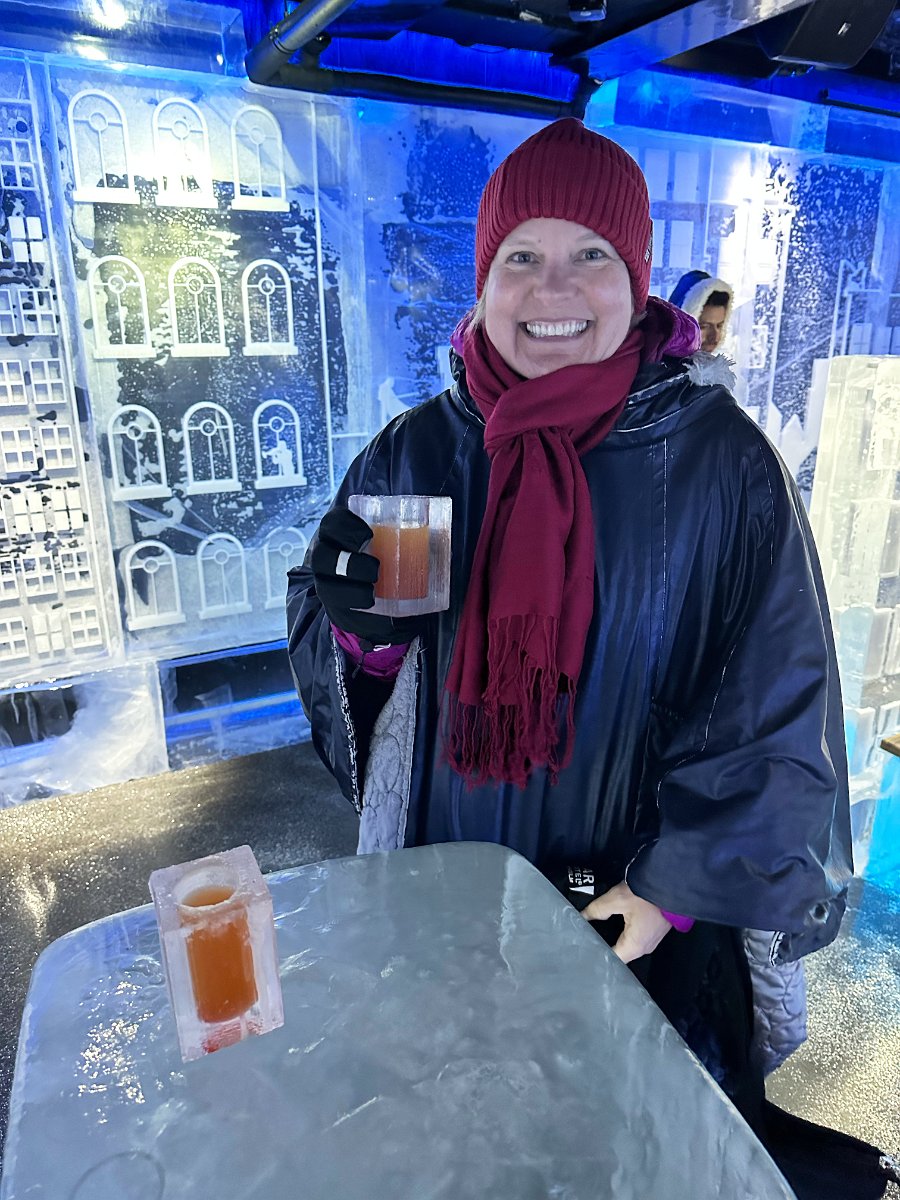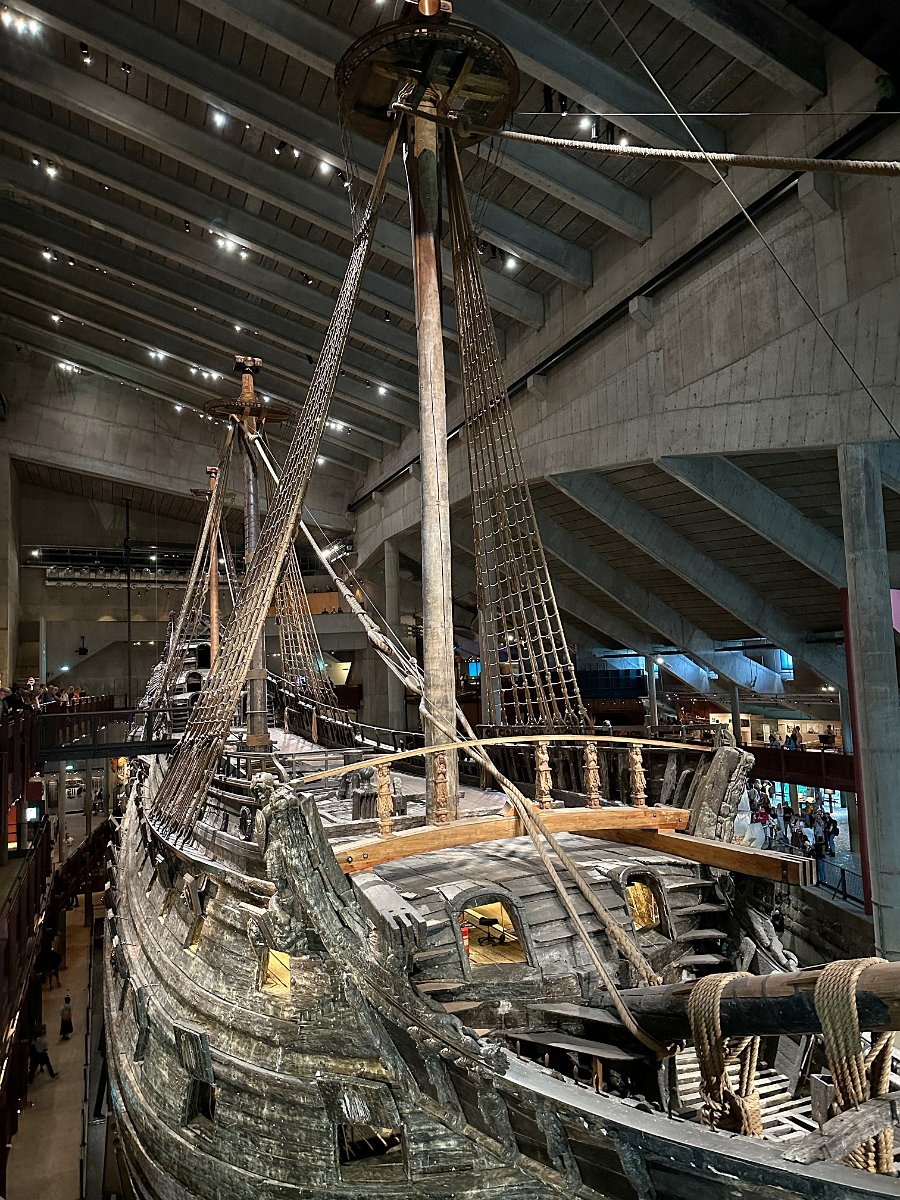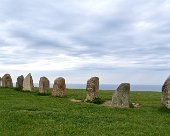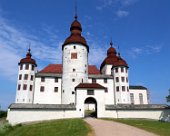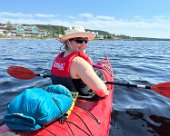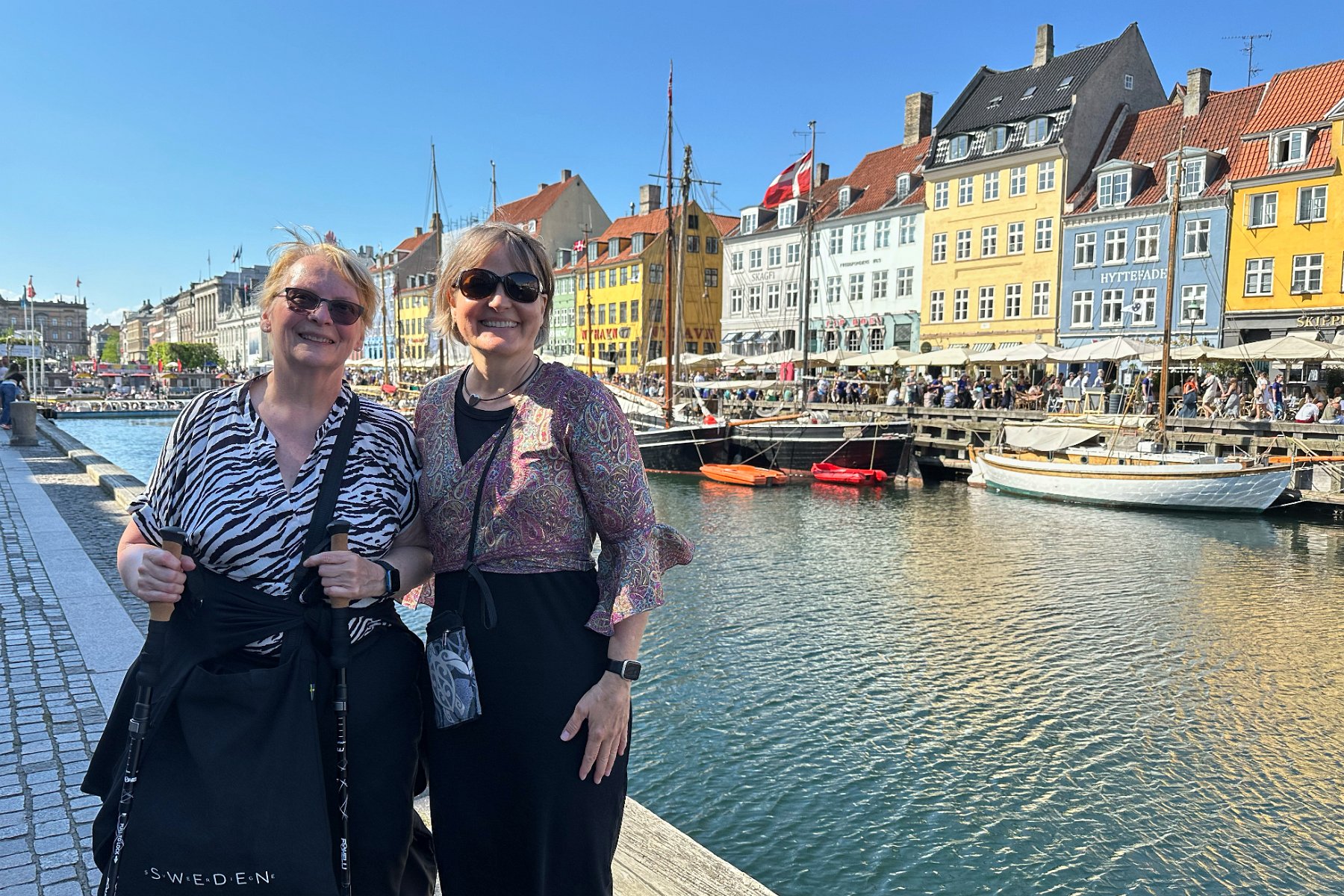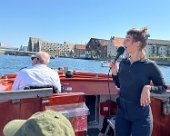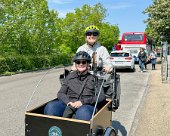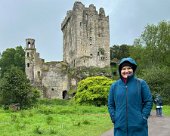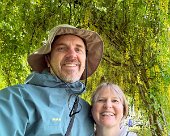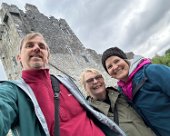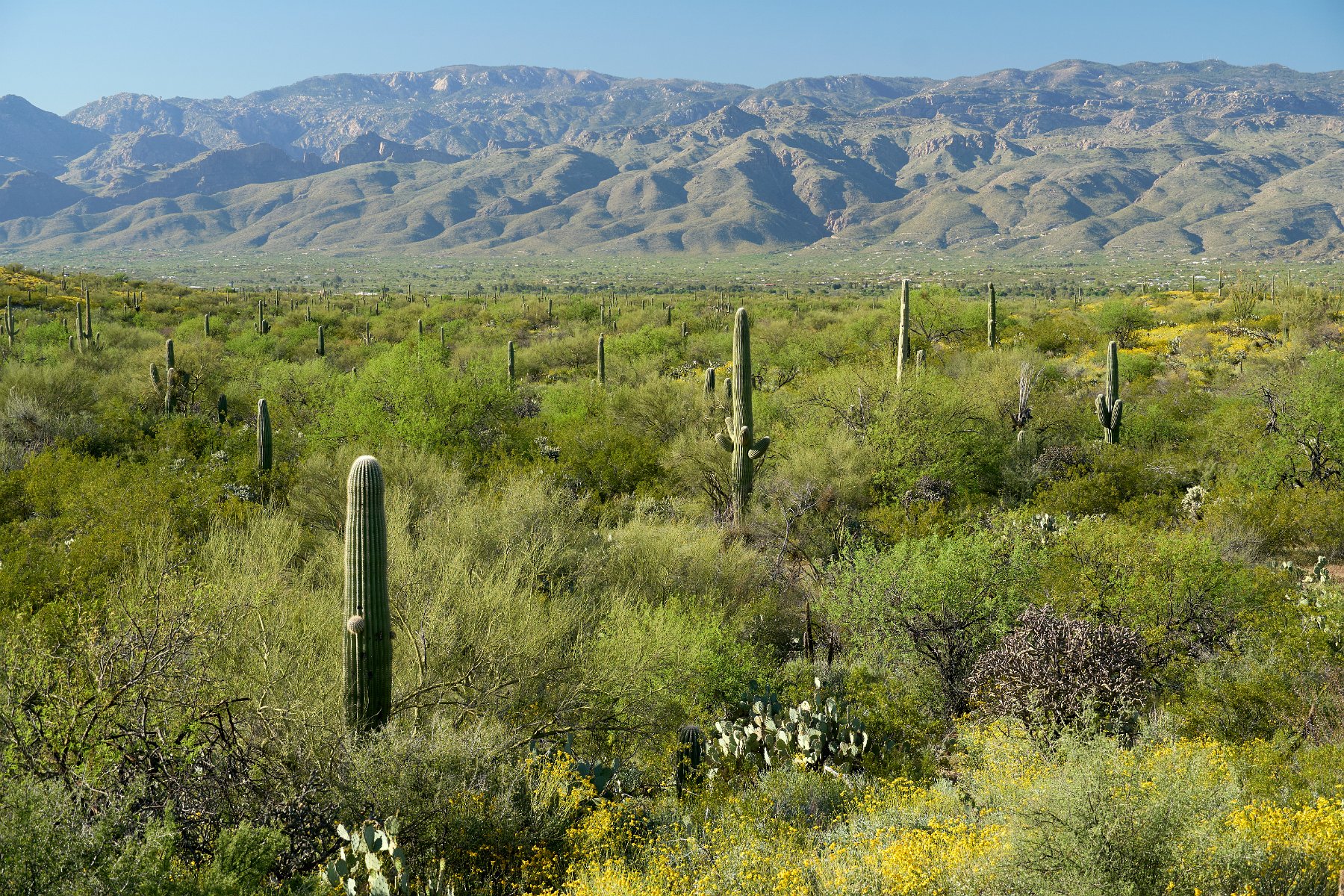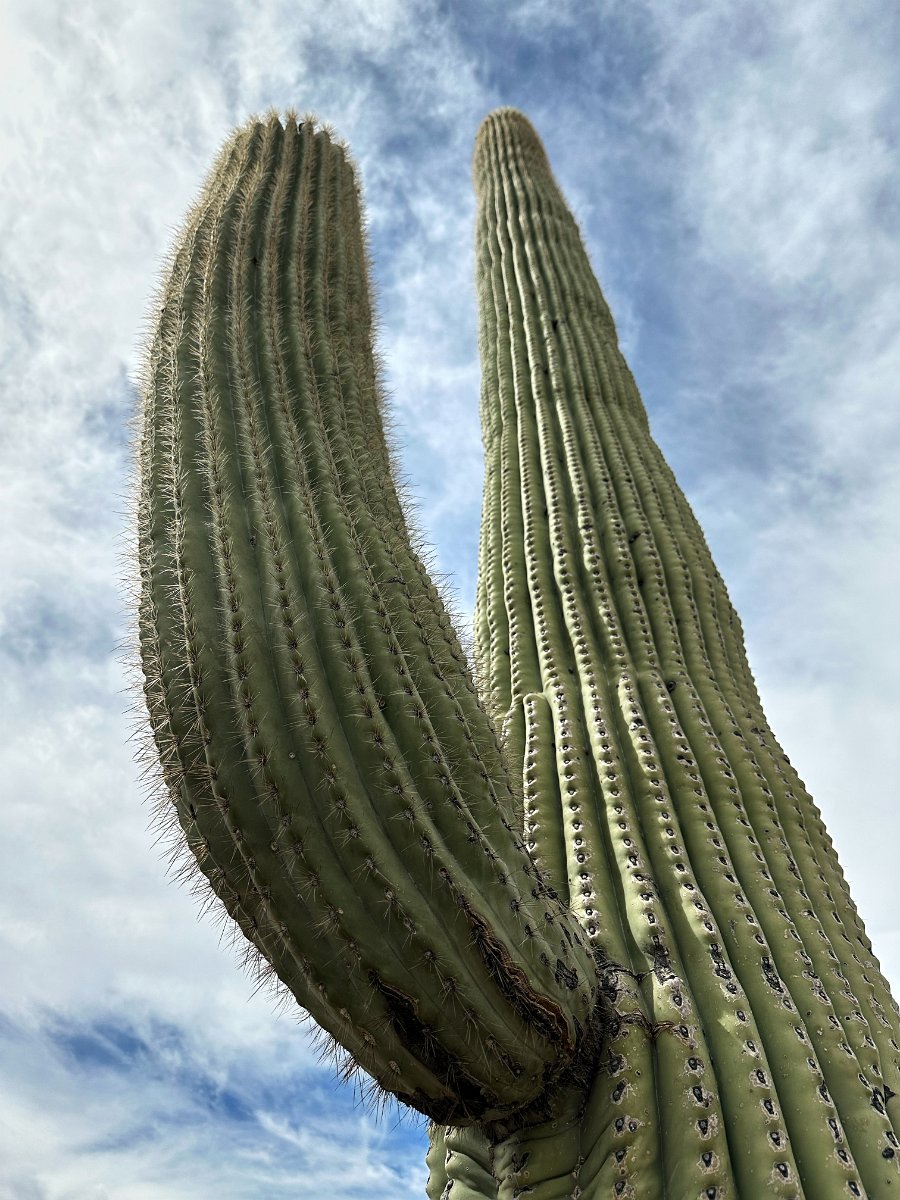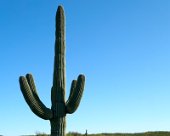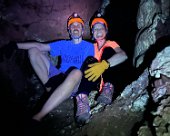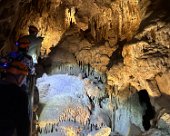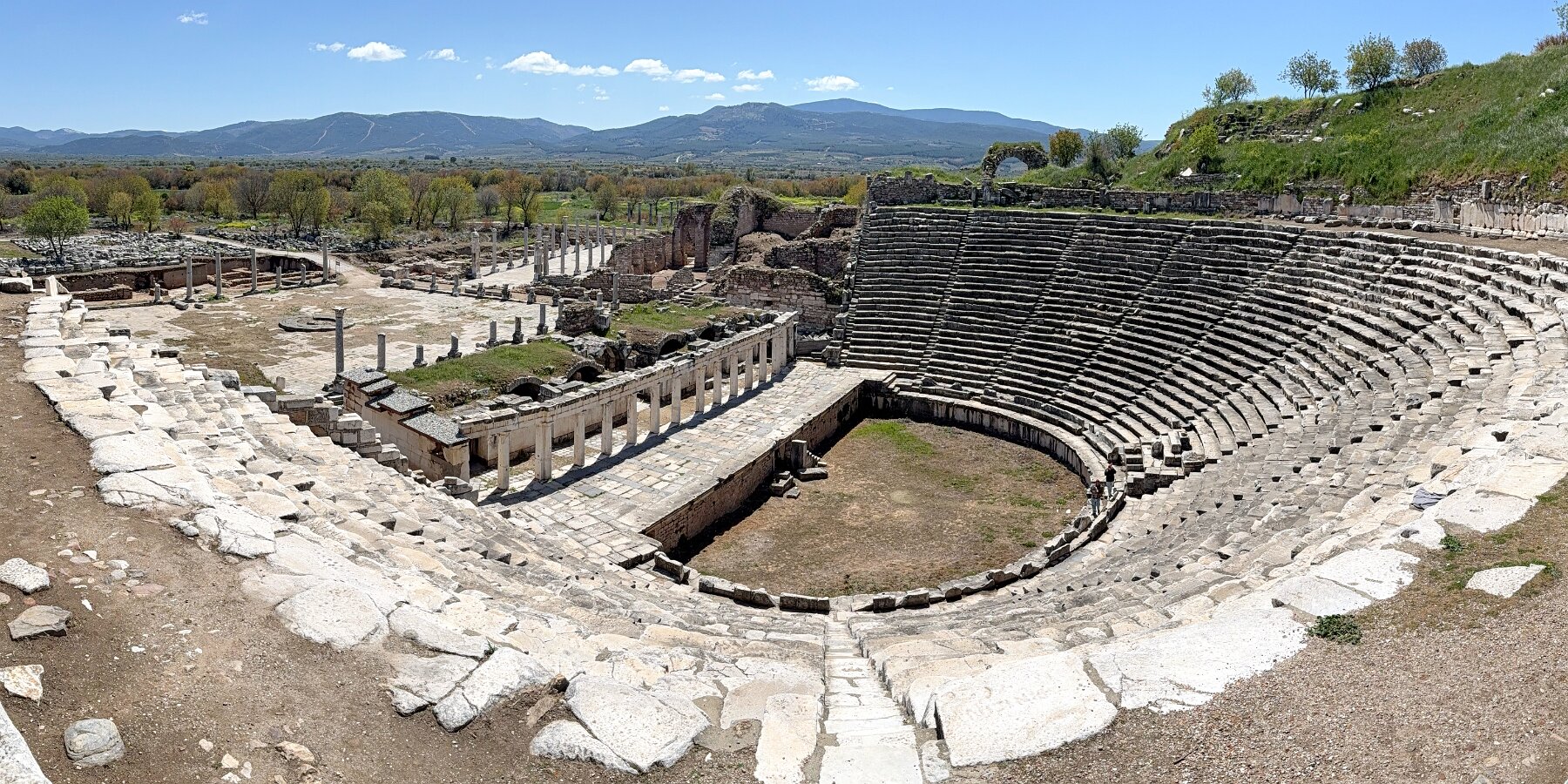
Darlene and I enjoyed a three-week trip to Turkey earlier in April. Our first twelve days was with a small group tour booked through Explore Worldwide that was mostly focused on visiting many ancient historical sites and ruins in western Turkey. All of Anatolia (including western Turkey) is actually an amazing crossroads of ancient civilizations, including Hittite, Greek, Roman, Byzantine, and Ottoman influences across several thousand years that are still clearly visible and continue to be uncovered in archeological sites.
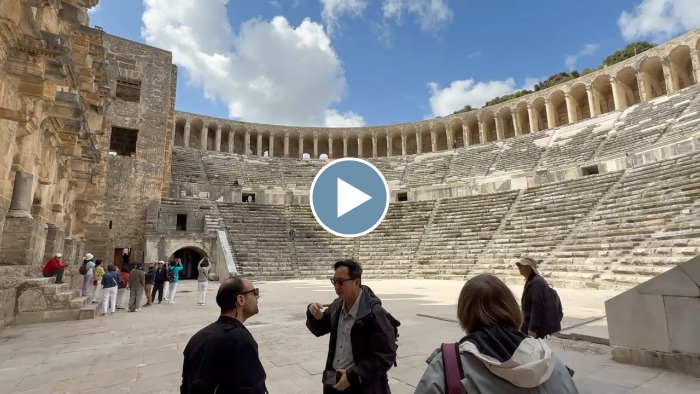
We had a great, fun group of nine for the Explore tour and a particularly exceptional local guide, Timucin Sahin. Tim is wonderfully enthusiastic and incredibly knowledgeable about the rich and complex history of Turkey, tracing it all the way back to the earliest civilizations in a way that is easy to follow and understand. He was also able to share insights on other topics like flora and fauna, as well as present-day politics and culture. I think having Tim as our guide really made the trip for everyone in the group.
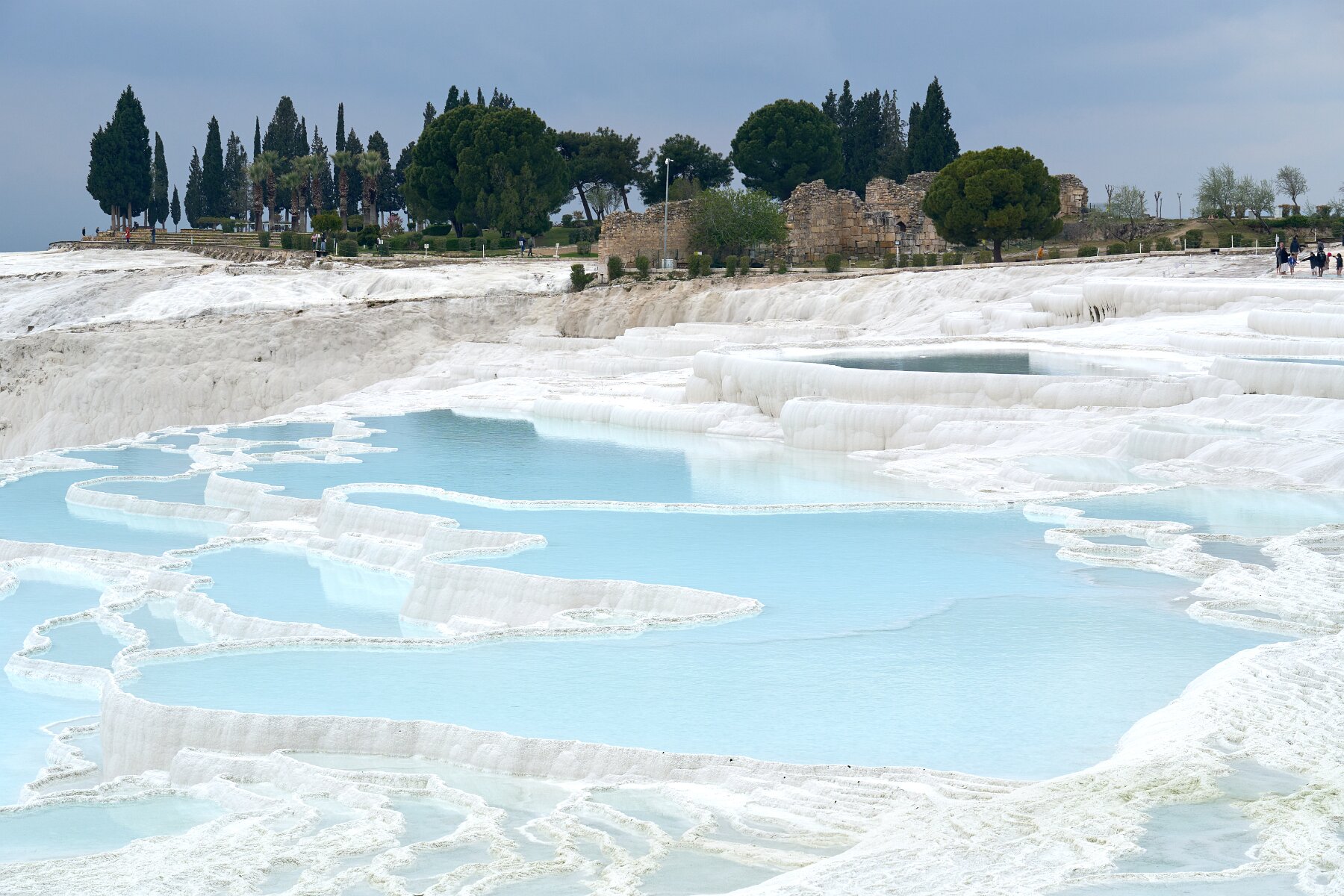
After completion of the Explore tour in Antalya, we flew to Keyseri and caught an airport shuttle to our hotel in Göreme to spend the next four days exploring the Cappadocia region, known for its otherworldly landscapes, wind-sculpted rock spires, and centuries-old underground cities. We had a tour guide booked through Intrepid Travel for two of those days and were accompanied by another couple for one day. Unfortunately, while our local guide was well-intentioned, he tended to ramble a confusing stream of details and anecdotes that was even harder to understand through his heavy accent and somewhat broken English. Also, we didn’t notice that our trip planning brought us to Cappadocia on Easter weekend and the crowds were very heavy at the primary tourist attractions.
Still, we had a wonderful time in Cappadocia and very much enjoyed taking in the amazing sights and scenery. Even the hotels in the area are fascinating as many are built into the surrounding rock, mimicking the thousands of older dwellings carved into the rocks throughout the area.

The definite highlight was soaring over Cappadocia on a sunrise hot air balloon flight – it was gorgeous and magical. It’s amazing that so many dozens of balloons (apparently upwards of 150) are launched by dozens of companies almost every day (weather permitting). It’s an incredible sight – and an impressive logistics challenge.
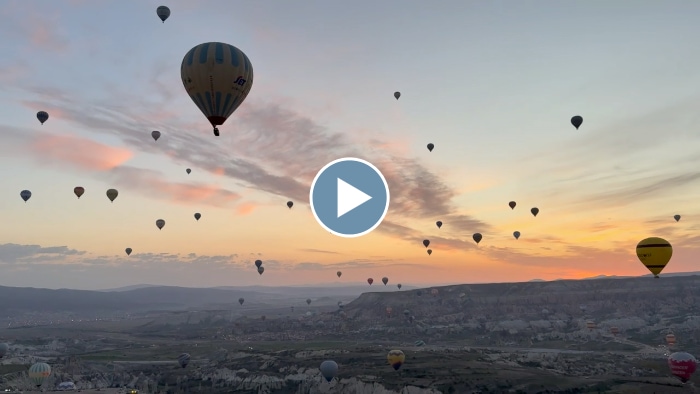
The other activity I was really looking forward to on this trip was getting to spend a day mountain biking some of the many trails in the area. Unfortunately, after we booked the bikes for the following day, I got sick with a nasty cold the night before. I decided to try to push through it anyway and take on the captivating 18-mile route that was mapped out for us by the bike shop. What we did get to see and experience was really great but as I became ever more exhausted by the illness, we had to cut the ride short.
After four days in Cappadocia, we flew to Istanbul to spend three days in the old city district, visiting famous sites like Hagia Sophia, the Blue Mosque, Topkapi Palace and the underground Basilica Cistern. We managed poor timing again with crowds by inadvertently choosing to visit on a national holiday, but then there was a significant earthquake midday which closed all of the historical sites and sent everyone away for the day. Still we managed to squeeze in visits to the sites on our following final day in Istanbul and Turkey.
